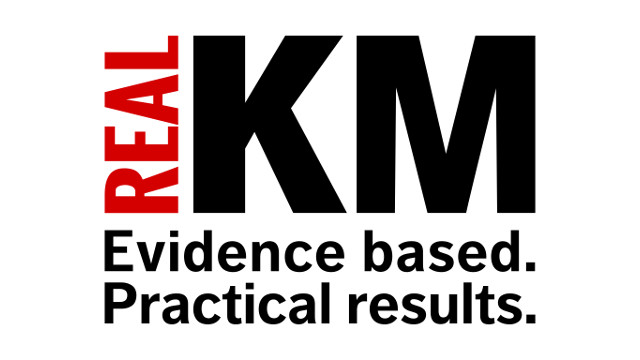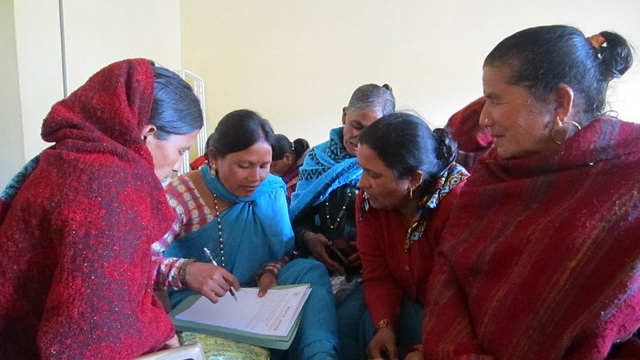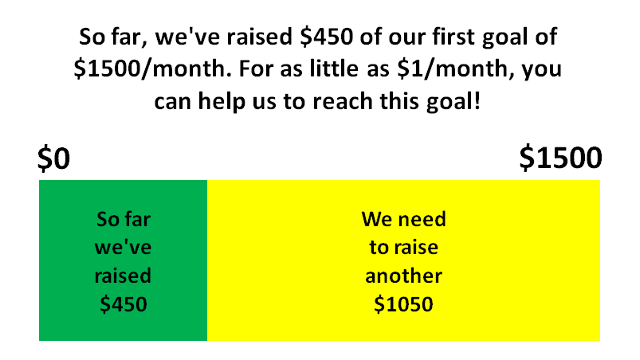
Is organizational learning being absorbed by knowledge management?
Organizational learning (OL) and knowledge management (KM) are two fundamental fields that add value to organizations by facilitating the achievement of their goals. Companies that learn faster and use knowledge more effectively tend to be leaders.
The concept of OL was developed in the 1960s, where the concept was proposed in the context of a decision-making model. The emphasis was on the relevance of learning by experience and the ways in which a firm may adapt to environmental changes. The first study to include “organizational learning” in the title was published in 1965, and discussed individual and OL. However, the field only started to expand significantly after the introduction of single- and double-loop learning. OL has since been defined in many ways, including as change that occurs as a function of experience, as knowledge acquisition, and as the integration of knowledge acquisition and organizational change based on action.
The characteristic processes of OL are knowledge creation and knowledge acquisition, although other processes are also relevant to this field such as knowledge transfer. The current definitions of KM include the processes of knowledge generation and acquisition, which correspond to what was previously called OL historically.
However, although OL and KM are closely related, they have rarely been studied together. A recent paper1 sought to address this research gap by carrying out a systematic literature review covering KM and OL publications from the 1970s, when the OL field started to grow, up to 2016. The review particularly sought to determine whether OL has been conceptually absorbed by KM.
In total, 16,185 KM and OL publications were found using the Web of Science and Scopus databases, where 14,452 (approximately 87 per cent) were found using a KM search string and the remaining 2,104 (13 per cent) using an OL search string. It is important to note that some publications were listed in both databases so the numbers are not absolute.
Results
The paper authors analysed the chronological evolution of both OL and KM based on keyword correlation, and found evidence demonstrating the absorption of OL into KM. In particular, the characteristic OL processes of knowledge creation and acquisition are now essential parts of KM definitions, processes and studies.
However, the authors alert that their results do not support the claim that KM and OL are beginning to be sub-concepts of the “learning organization”.
The authors found that the inclusion of topics associated with OL in KM publications started before 2011. In particular, during 1996-2005, there was a growing trend in the publication of studies of learning and OL systems in KM papers. A common connector between KM and OL was organizational strategy because learning and knowledge are important for achieving the organizational strategy. During 2006-2014, KM and OL were strengthened because of their common strategic perspective. They found a common interest in linking learning and knowledge with organizational strategy, results and competitiveness. Both fields also had an interest in understanding the role of organizational culture.
During 2014-2016, the second most important term in frequency in the OL literature was KM. Keywords analysis also showed that knowledge transfer was a core topic in OL. Among the keywords identified, KM was one of the visible topics in OL. Based on the core keywords and keywords identified for KM, knowledge acquisition was one of the main topics.
Two increasingly common denominators were identified in KM and OL publications: incorporation of technological tools and understanding the role of human variables. Because of this, the authors state that future studies should aim to understand the dynamic relationships of knowledge-based technologies, human variables and organizational performance.
The authors also suggest that future studies should investigate the role of knowledge sharing as a connector between KM and OL. Individuals and organizations learn by sharing knowledge. According to the KM literature, knowledge sharing is the core process responsible for knowledge creation and application.
The human resource was the fastest growing category in both fields over the past 10 years. The individual is the knowledge holder who builds collective knowledge with other individuals, thereby creating organizational value via a learning process. However, the generation of individual and collective knowledge is not automatic in human beings, but instead it is highly dependent on motivation, attitudes, self-efficacy and leadership. How these variables interact is currently an interest for researchers and practitioners in KM and OL.
Article source: Is organizational learning being absorbed by knowledge management? A systematic review is published under CC BY 4.0.
Reference:
- Castaneda, D. I., Manrique, L. F., & Cuellar, S. (2018). Is organizational learning being absorbed by knowledge management? A systematic review. Journal of Knowledge Management, 22(2), 299-325. ↩
Also published on Medium.






